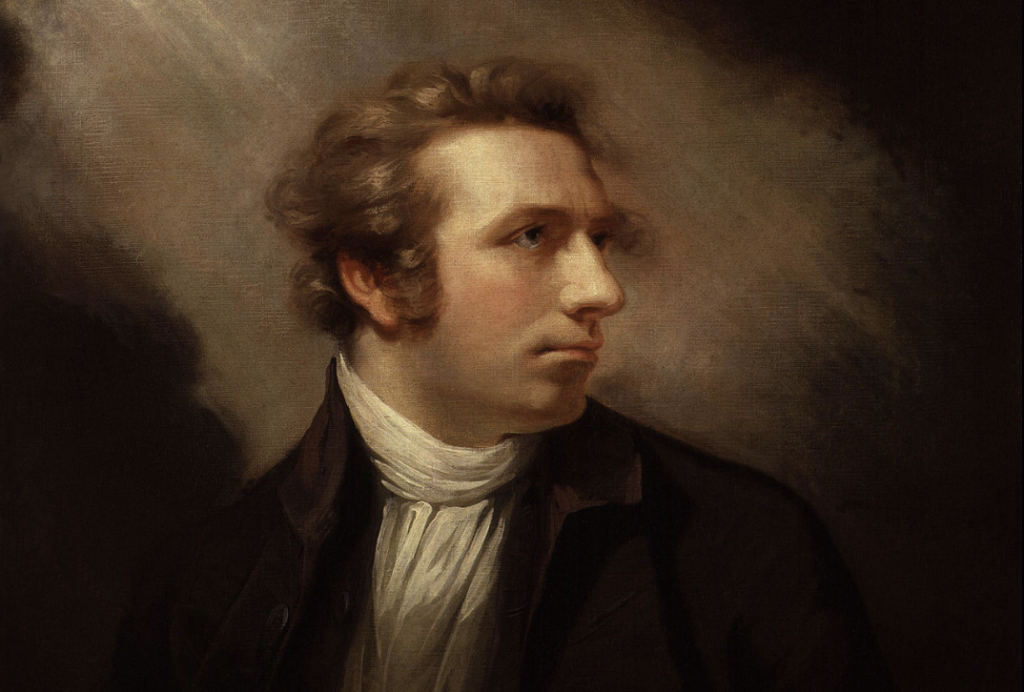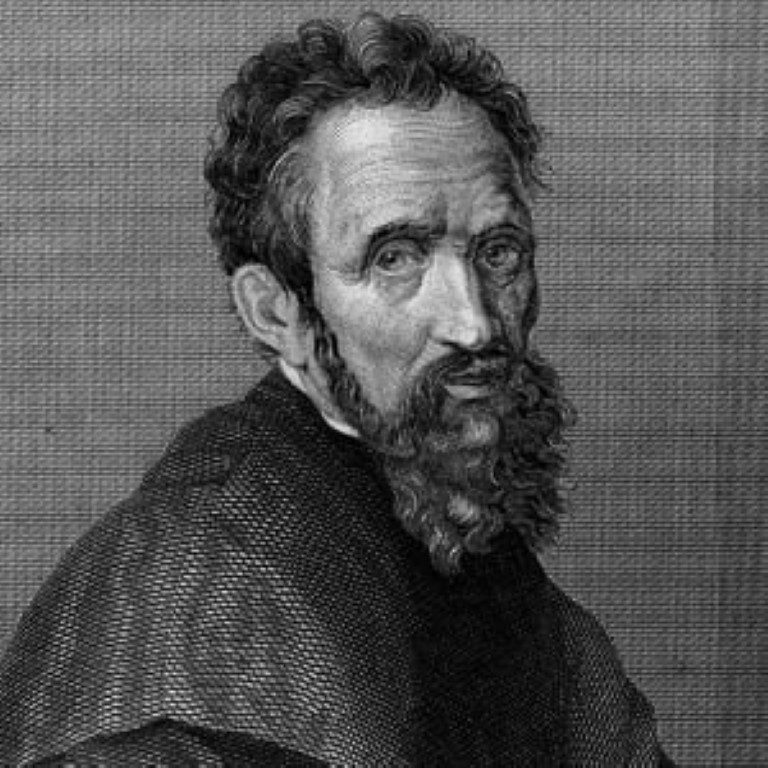7th Feb 1741, ON THIS DAY
Henry Fuseli, born on February 7, 1741, was an artist whose works were far beyond the trends of his days. Let’s explore the life and legacy of this significant Romantic figure as we celebrate the anniversary of his birth.
A Brief Biography
Henry Fuseli, originally named Johann Heinrich Füssli, was born in Zurich, Switzerland. From an early age, his artistic talent was evident, and he pursued his passion for art with fervour. Fuseli’s journey led him to study in Germany and eventually settle in England, where he gained recognition for his distinctive style and imaginative compositions.
Fuseli’s artworks are characterised by their dramatic intensity, vivid imagination, and exploration of mythological and supernatural themes. He had a profound fascination with the human psyche and often depicted scenes from literature, mythology, and folklore with a unique blend of realism and fantasy.
.jpg)
One of Fuseli’s most famous works is “The Nightmare,” a haunting portrayal of a woman lying in a state of sleep, with a demonic creature perched upon her chest. This painting exemplifies Fuseli’s ability to evoke emotion and provoke thought through his art. His impact on the art world extends far beyond his own time. His innovative approach to composition and subject matter laid the groundwork for future generations of artists, inspiring movements such as Symbolism and Surrealism. Today, Fuseli’s works can be found in major museums and galleries around the world, cherished for their timeless relevance and artistic brilliance. His legacy continues to captivate audiences, inviting them to explore the depths of the human imagination.

Henry Fuseli remains a towering figure in the annals of art history, revered for his innovative spirit and profound artistic vision. On this special day, let us pay tribute to his enduring legacy and continue to draw inspiration from his timeless masterpieces.
Feature image: Henry Fuseli, by James Northcote (died 1831) | Courtesy:Dcoetzee from the National Portrait Gallery, London website.
Exploring the Poetic Universe of Romanticism Art: Emotion, Nature, and the Spirit of Individualism





